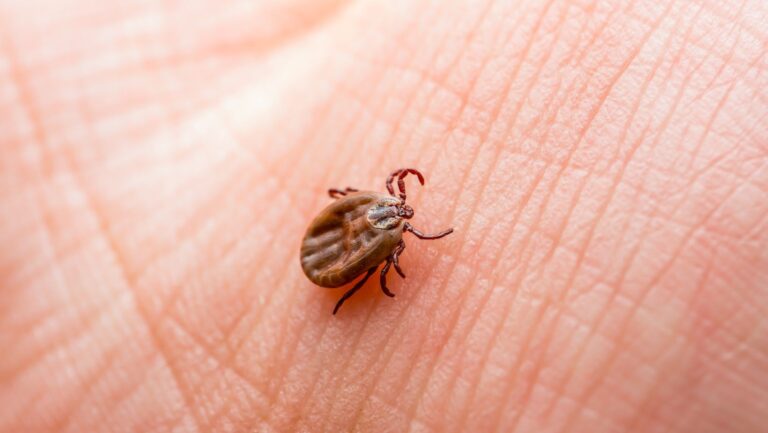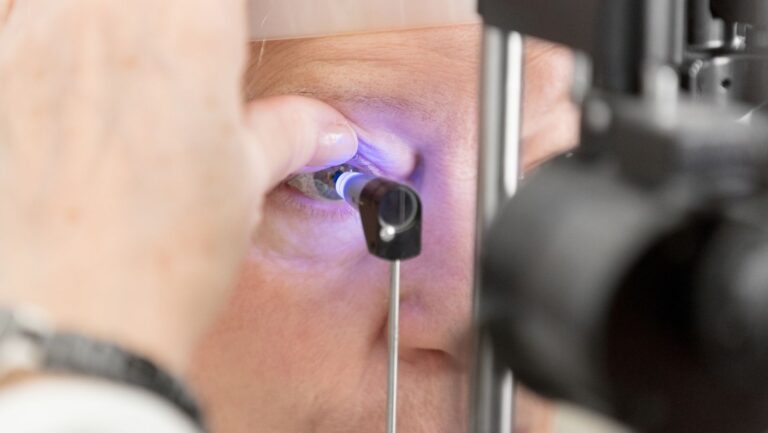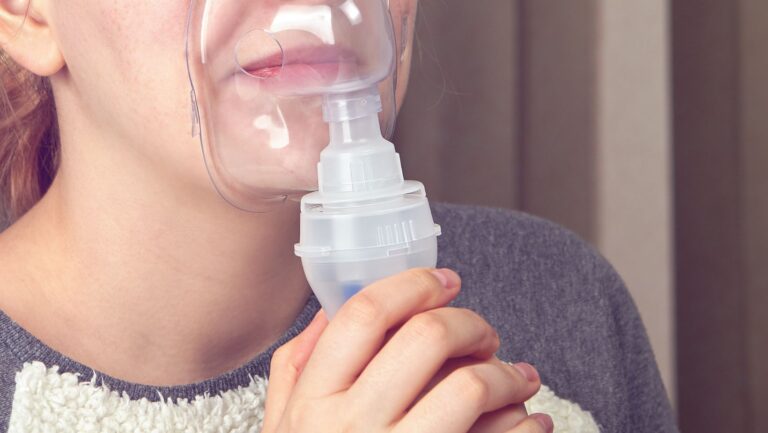
Lyme Disease: A Nursing Review
What is Lyme Disease? Lyme disease is a vector-borne illness caused by the bacteria Borrelia burgdorferi. It is primarily transmitted to humans through the

Congestive Heart Failure (CHF): Essential Insights for Nursing Students Preparing for the NCLEX
Heart failure doesn’t mean the heart has stopped working. It means it can’t pump blood efficiently to meet the body’s needs. With the number

Glaucoma: An Essential NCLEX Review for Nursing Students
What is Glaucoma? Glaucoma is a group of eye conditions that result in damage to the optic nerve, which is vital for good vision.

COPD: An Essential Guide for Nursing Students and NCLEX Examinees
Chronic Obstructive Pulmonary Disease (COPD) is a prevalent and complex condition. As nurses and healthcare providers, understanding COPD in depth is paramount for the

Cholecystitis 101: A Nursing Student’s Guide to Gallbladder Inflammation for the NCLEX
What is Cholecystitis? Cholecystitis refers to the inflammation of the gallbladder. This inflammation arises due to the trapping of bile, a digestive juice, within

Examining the Nurse’s Role in Palliative and End-of-Life Care
Palliative and end-of-life care is a crucial aspect of healthcare that focuses on providing comfort, support, and dignity to individuals facing life-threatening illnesses. Within

Nursing Care Plans: Purpose, Development, and Implementation
Nursing care plans are essential tools that guide healthcare professionals in delivering comprehensive and individualized care to patients. This article will explore the purpose,

Nursing Procedures: Best Practices in Wound Care Management
Wound care management is a critical component of nursing practice, aiming to promote optimal healing, prevent complications, and improve patient outcomes. With advancements in

The Role of Nurses in Pain Management: Techniques and Best Practices
When we think about healthcare, our minds often drift towards doctors, surgeons, and specialists. However, nurses play an equally significant role in patient care

7 Tips for Surviving Night Shifts: A Guide for Nurses
Working through the night can be a challenging task, even for the most experienced nurses. Night shifts often mean disrupting your body’s natural circadian
